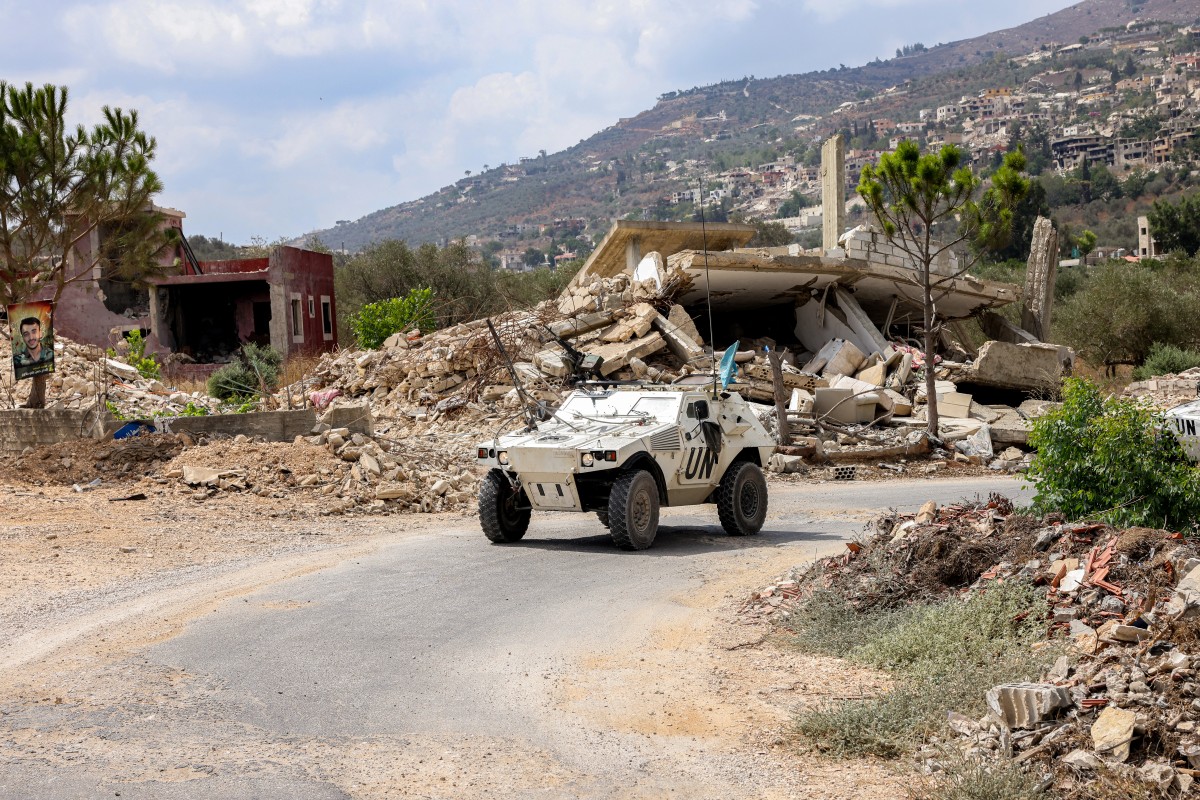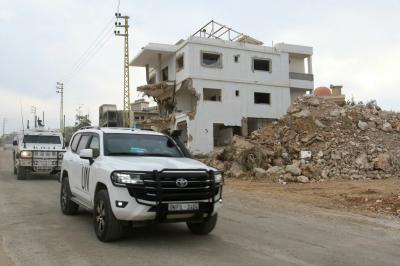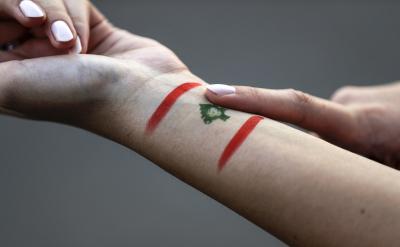This diplomatic flurry in Beirut, with its heavy political content and dense security-military presence, is not smoke without fire, nor is it driven by mere reconnaissance, surveillance, or etiquette and polite exchanges; rather, it is woven with advice and warning, on the premise that “the storm blows twice, three times, and more.”
It is true that the U.S. envoy Morgan Ortagus, Egyptian General Hassan Rashad, later U.S. Ambassador Thomas Barrack, Saudi official Yazid bin Farhan, the new ambassador Michel Issa, alongside the Arab League, Paris, Doha, Ankara, and even Damascus, do not and have not come bearing a drawn sword aimed at Lebanon or specifically at “Hezbollah.” They are not threatening an overwhelming war nor delivering a final Israeli ultimatum, yet they place before Lebanese officials and before “Hezbollah,” and behind it, Iran, the stark truth and the sole option.
The truth is that Lebanon cannot revert to any previous phase of its crisis, especially not to the era when “Hezbollah’s” arms dominated the state and usurped its sovereign decision-making. The only option is a peaceful settlement through negotiations, requiring the courage to abandon two entrenched fallacies: the hollow traditional distinction between “direct and indirect,” and the now-devalued slogan “Lebanon is the last to sign.”
Outside of that choice and that truth, Lebanon’s other crises, political, economic, social and reconstructional, revolve around themselves in a close circle, awaiting the only viable solution, a convergence of Arab, Islamic, and international wills, similar to the Gaza settlement as a model to emulate.
The branching of Lebanon’s crises over the past 56 years (since the Cairo Agreement of 1969) is nothing but the outcome of the mother crisis, the hijacking of Lebanese decision-making under three successive and inherited tutelages, Palestinian, Syrian, then Iranian, which have now reached their peak and whose decline has become due, thanks to broad external sponsorship and decisive internal will. It is the first time in six decades that the efforts of all these parties convene, in complementarity and solidarity, around assisting Lebanon.
What opens the horizon for a solution is that all other options have failed and collapsed, especially the option of war, arms and “resistance.” Those who defend that option no longer possess any compelling justification for their weapons. Perhaps the last circulating, and indeed the worst and most dangerous, justification being propagated within “Hezbollah’s” environment is this: they will kill and exterminate us in either case, whether we relinquish the arms or keep them, so we must keep them to defend ourselves.
Clearly, this suicidal equation, which has replaced all previous failed formulas such as “backing,” “unity of the fronts,” “let the battlefield speak,” “liberation of the Galilee and Jerusalem,” and “removing Israel from the map,” on the one hand complicates the state’s decision to monopolize arms, and on the other hand triggers Israel’s appetite to complete what it has done, is doing and activates, and on a third hand it undermines international and Arab efforts to rescue Lebanon. Moreover, it deceives and betrays the people.
A sudden awakening may yet occur in the form of an Iranian “advice” to extricate “Hezbollah’s” leadership from its suicidal calculus and to convince it that the fear of annihilation is neither realistic nor logical, measured against two facts:
- The survival of Gaza’s people as a result of the political solution and the final phase that includes disarming Hamas and removing its control, coupled with genuine protection for the population ensured by a durable Palestinian-Arab-international governance arrangement there.
- And the legitimacy of the Lebanese state here, as a last refuge against liquidation, displacement, and annihilation, and as the sole authority to secure stability and reconstruction.
Instead of terrifying its constituency with the threat of annihilation, “Hezbollah” should reassure them about the justice of the state and the patriotism of the Lebanese army, and that adherence to legitimacy is not weakness, for true strength lies in belonging to the broad shelter of international legitimacy, not to a narrow axis, especially after it became evident that its weaponry was the real source of weakness and the cause of death, displacement and destruction.
As the final month of the first year of the “cessation of hostilities” agreement, which began to be implemented on 27 November 2024, arrives, the sequence of opportunities granted to Lebanon is drawing to a close, and we stand before our last chance contained in the diplomats’ briefcases, wrapped up in a single appeal:
Leaders, go to the negotiations without complexes, to rescue Lebanon from its despair, the people from their misery, and “Hezbollah” from itself.
Please post your comments on:
[email protected]
 Politics
Politics













